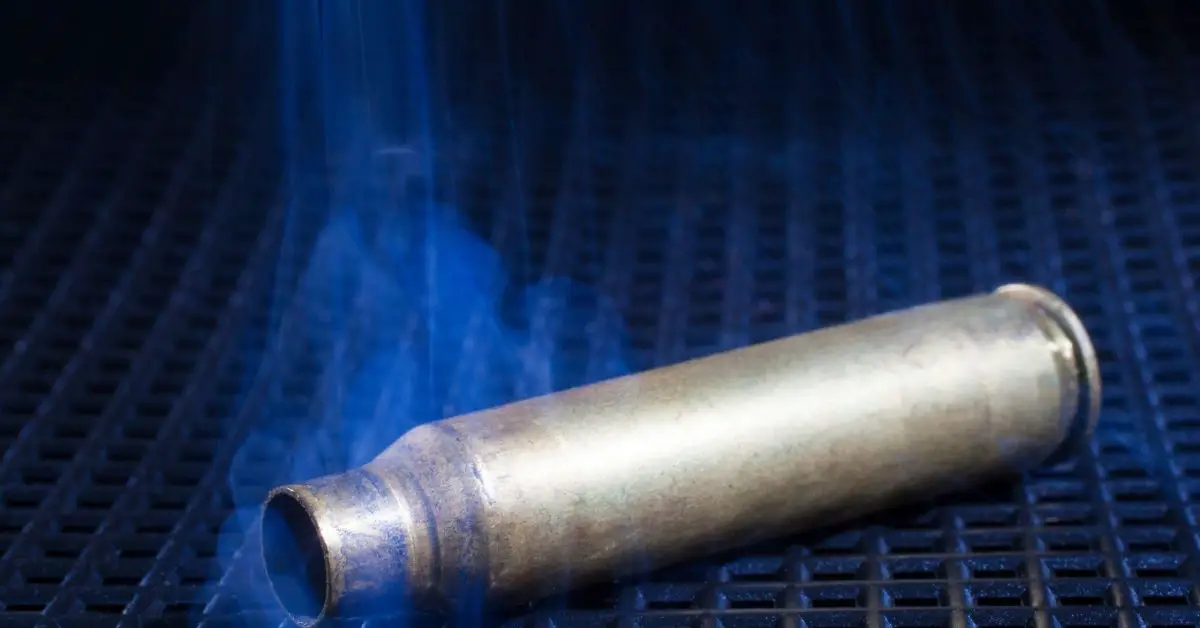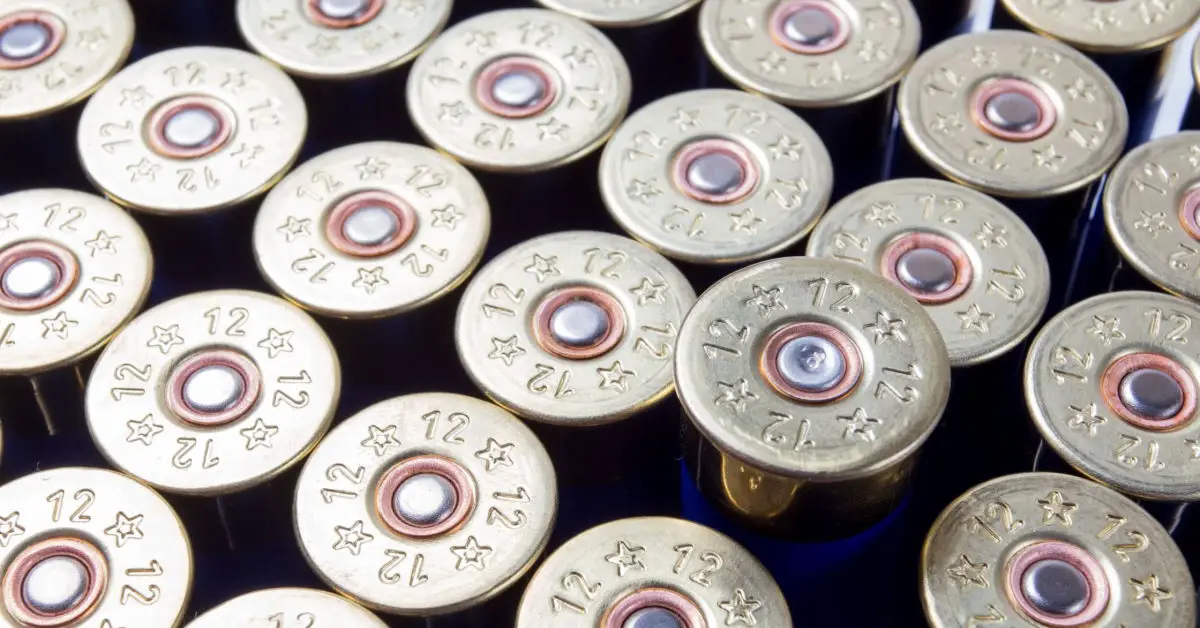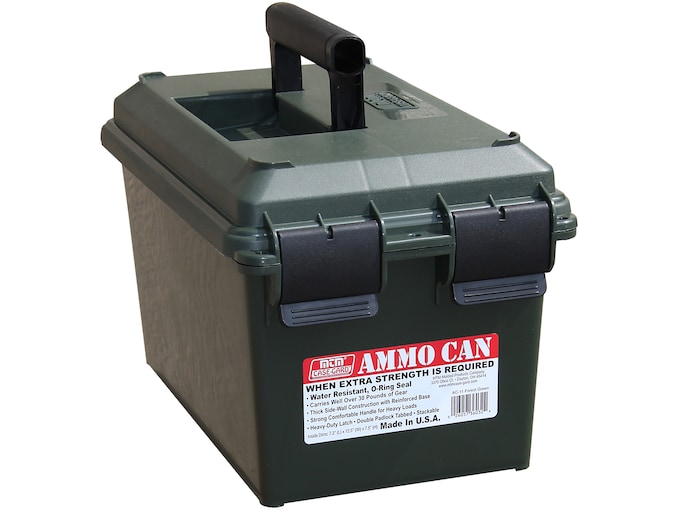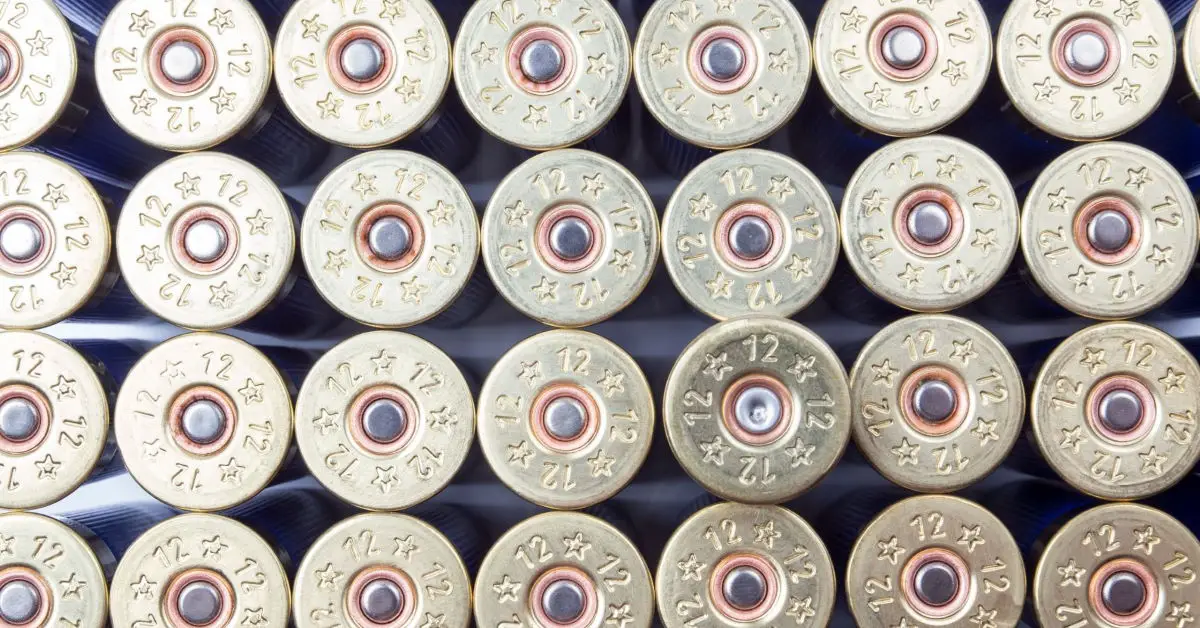For gun enthusiasts and hunters, ammunition is an important investment. You purchase quality bullets and cartridges to ensure your weapon can operate properly and provide optimal performance. But having reliable ammo isn’t enough – you need to make sure they’re safe, well-maintained, and will last a long time. As with any investment, maximizing the lifespan of your ammunition is essential. In this post, we’ll discuss how to improve the lifespan of your ammo and help keep you and your loved ones safe on the field.
Store ammo in a cool, dry place.
The first thing you need to do is make sure your ammo is properly stored. Heat, moisture, and sunlight can all damage your ammunition’s integrity, making it unreliable and potentially dangerous to use. Ideally, ammo should be stored in a cool, dry place, like a safe or cabinet. Avoid keeping your ammo in places that are prone to extreme temperatures, such as attics or garages. Moisture is also the enemy of your ammo, so storing it in a sealed container with desiccants can absorb any excess moisture.
Use protective packaging.
When transporting your ammunition to and from the range or hunting grounds, make sure it’s protected. Ammunition can be damaged if it’s bounced around in your car or hit by other objects. Protective packaging like ammunition boxes or zippered bags can help prevent this damage. Additionally, it’s crucial to keep your ammo separate from other items and equipment in your vehicle, so keep them in a dedicated storage area.
Clean guns regularly.
The condition of your guns also greatly affects the lifespan of your ammunition. Dirty guns can lead to corrosion, malfunctions, and misfires. Properly cleaning your weapon after every use will help reduce the buildup of dirt and debris, which can damage your ammo. Use a soft cloth and cleaning solutions to clean the inside and outside of your gun. Remember, the cleaner your gun, the safer and more reliable your ammo will be.
Avoid using old or damaged ammo.
If you suspect your ammo is damaged or too old, it’s important to assess the condition of the bullet before using it. Bullets that have been damaged or expired can lead to misfires or unsafe bullets, which can injure you or damage your guns. Before every use, inspect your ammo carefully and discard any that have visible signs of wear or damage, such as cracks or dents. Remember, it’s better to play it safe than take unnecessary risks.
Organize your ammo properly.
Last but not least, it’s important to organize your ammo properly. Sorting your ammunition by caliber is a helpful way to keep track of which bullets you have. You might also consider labeling each box or container with the date you purchased the ammo. This record-keeping can help you keep track of the ammo’s age and alert you to any storage concerns you need to address.
Conclusion
Improving the lifespan of your ammunition is important for maintaining the safety of yourself and others while hunting or at the range. Taking care of your ammo involves proper storage, transportation, cleaning, and inspection. Keep your ammo in a cool, dry place, use protective packaging, clean your guns regularly, avoid using old or damaged ammo, and organize your ammunition. By following these precautions, you’ll help ensure your ammo is safe, reliable, and has a long lifespan. Happy and safe shooting!





